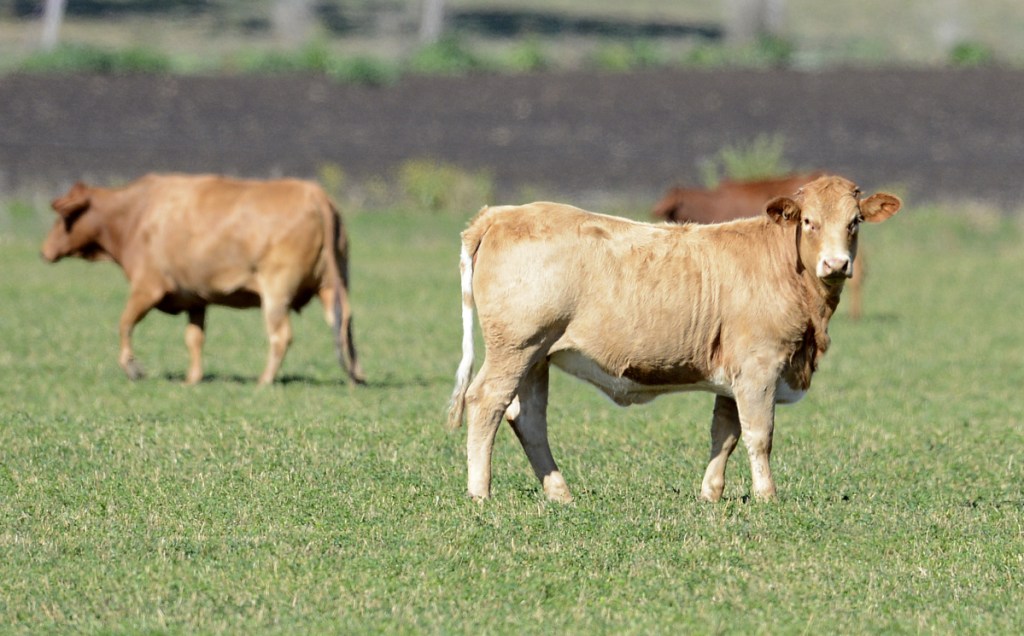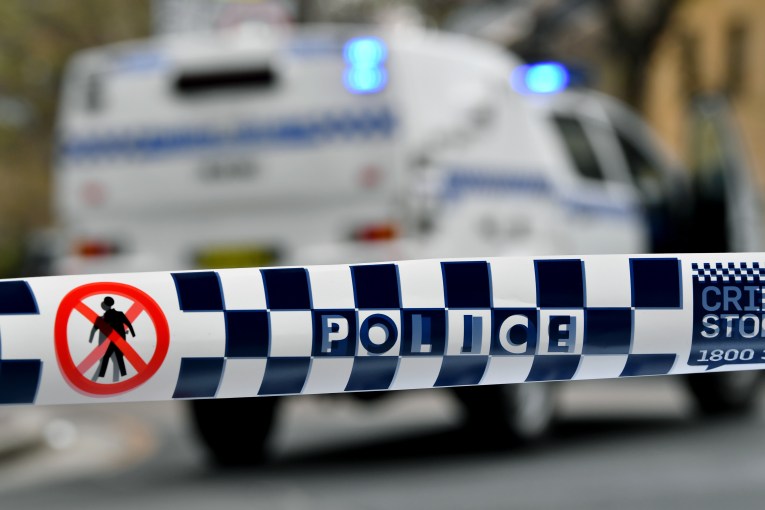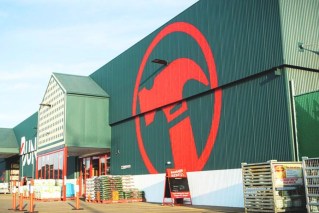Why did free trade negotiations with the EU fail, and what does it mean for Australia?

The European Union’s tough restrictions on agriculture and naming rights led free trade negotiations with Australia to fail, with any agreement now years away.
Trade Minister Don Farrell met European Commission executive president Valdis Dombrovskis in Japan at the weekend to try to resolve the long-running impasse, but no agreement was reached.
Professor Peter Draper, executive director of the University of Adelaide’s Institute for International Trade, said geographical indications were a major factor in a deal not being completed.
“These are the names for food and one particular beverage product, so prosecco and things like feta and parmesan, that Australia would have had to give up under the terms of the deal,” he said.
“The EU has been pretty insistent on that, as it has been with all of its trading partners when it negotiates free trade agreements.”
He said market access for Australian beef, sheep, dairy, sugar and other commodities had been another sticking point throughout the negotiations.
“It comes down to quantities. In some cases, the current quotas are very small,” he said.
“Australia wants them expanded, but in other cases, they’re linked to technical regulation such as the number of days that cows can be grain-fed, for instance.”
The European Union is one of the world’s most tightly regulated markets, and any import must meet its strict rules whether it is agriculture, technology or information.
Upcoming elections
Farrell has flagged no further negotiations are likely until after the European Union elections in June, with Australia also likely to head to the polls in 2025.
Draper said investment issues were already off the table because they would require all 27 states to ratify an agreement.
“The European market, absent of current regulatory constraints, is a huge market. It’s the biggest in the world in terms of value, but not in terms of number of people – that would be China,” he said.
“Access to it has been highly restricted and has been for forever for Australian farmers. They haven’t had good access in the past.”
The National Farmers Federation congratulated Farrell for turning down a deal with the EU because “it would have locked our farmers in at a disadvantage to competitors in New Zealand, Canada and South America”, NFF president David Jochinke said.
“It should be clear though to the EU from today’s events that Minister Farrell isn’t willing to throw Aussie farmers under the bus just to get the deal done,” he said.
“He’s held firm to protect Australia’s interests in the face of intense pressure from EU negotiators, and for that we’re incredibly grateful.”

The livestock industry accounts for 1.3 per cent of Australia’s GDP. Photo: AAP
New Zealand signed a trade deal with the EU in 2022 to lower tariffs on a variety of products. Canada signed a preferential access deal in 2017.
Future deal
Any future free trade deal is potentially years away, and Draper said while most people focus on the agriculture aspect of an agreement, other industries will be affected.
“Many services and software products flow between the EU and Australia, and this deal would have put something on the table to facilitate that trade,” he said.
“Other components of the deal, some of which might be regarded as controversial such as the sustainability chapter, would bring more certainty to the management of value chains between the two economies and particularly environmental considerations and labour rights.”
He said in any free trade agreement, there are winners and losers.
“If I was a farmer, I’d be looking for the same thing, but how the farming issues hold the other issues hostage, I think that’s a big missed opportunity,” Draper said.
“Probably on balance, there would have been more winners than losers, but clearly the Trade Minister has come to a different calculable decision.”








